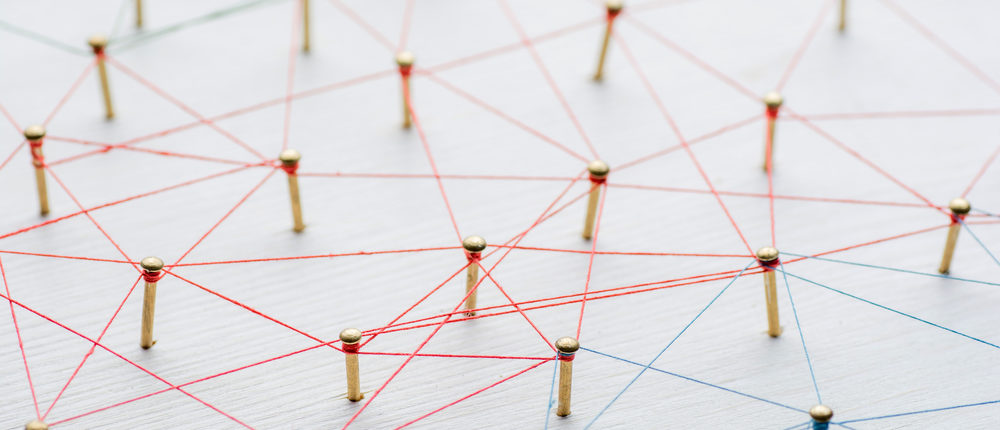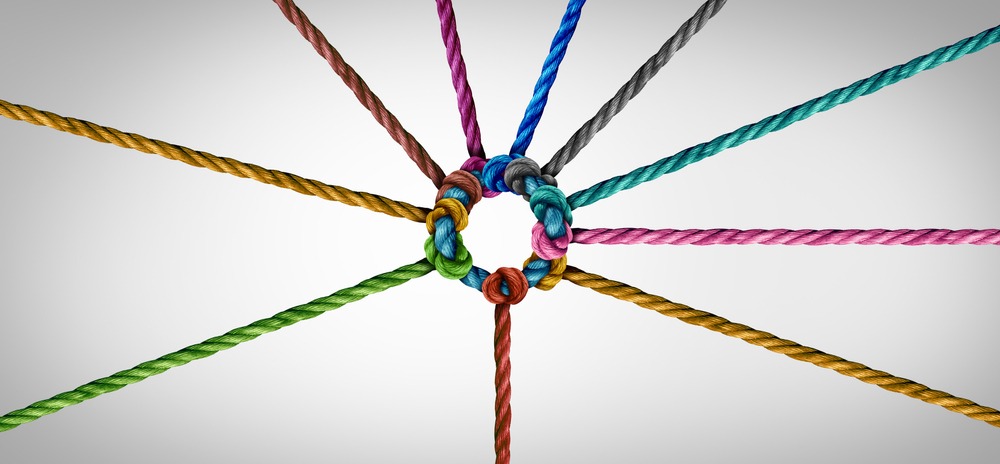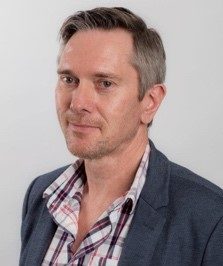Professor Mitch Byrne leads the social and behavioural team within OUTBREAK’s Ethical, Legal and Social Implications stream.
The team’s focus is on developing and maintaining community acceptance and a social licence for OUTBREAK to operate.
Q: Human behaviour is such a difficult thing to manage, particularly when there’s a lot of unfamiliarity around antimicrobial resistance. How do you tackle that?
There are so many different levels of understanding, so one of the things we need to develop first is bespoke education programs that look at the level of understanding and involvement of particular community groups and professional groups, as well as how they may benefit from the successful implementation of the OUTBREAK engine.
This ranges from working with Indigenous communities and Aboriginal people to people in agriculture, water treatment, health service providers, local government and so forth. It needs to be designed specifically for them.
It’s a two-way process. It’s not just us telling them we have this whizzbang project that’s going to solve the problems of the world; we need to understand that there are lots of considerations and how can we meet those considerations so that, at the end of the day, people are prepared to engage with our project.
Q: Have you started doing that with any users?
Yes, I led a preliminary investigation with a range of professional responders from ethical and social science, legal and business backgrounds to understand the concerns that they might have about OUTBREAK and the key issues to address. The thing that came up over and over again was social licence – this whole process of involving people as collaborators in the project, so they have a vested interest, a stake in the outcome.
They had some reasonably predictable concerns about data privacy, about the accuracy of the information that’s being generated, about how that information might be used, and what the implications might be of the use of that information. We have a seven-stage project plan for that consultation process and we’ve committed three years to getting that right.
Q: There’s a lot of focus on the technology and hard science of OUTBREAK. Is there as much interest in the human side?
I’m one of a few social scientists on the program and we have assiduously worked with our straight, pure scientist colleagues to help them to understand that you can build the best car in the world but, if you haven’t got petrol, it’s not going to go anywhere.
For example, the COVID Safe phone app is a fabulous idea but how each person understands it, or doesn’t understand it, influences whether they download the app. If a sufficient number of people have not downloaded the app it won’t be useful for the safety of the community.

Q: Do you have a particular interest in antimicrobial resistance (AMR)?
I’ve been involved in work in this area for the last three or four years. I co-lead the Wollongong Antimicrobial Resistance Research Alliance along with Professor Antoine van Oijen. It’s been the beautiful marriage of pure science and social science. Our first product was a questionnaire that I developed, a first of its kind in the world, about what drives consumer behaviour around antibiotics. It tells us the sorts of things that lead people to make good or bad choices about antibiotics. I’m very much into what drives people’s behaviour in terms of health-related decisions and the consequences of those decisions.
Q: What pulled you into AMR? What piqued your interest?
My experience working in health psychology and health related matters said to me this is a multidisciplinary task and you cannot hope to solve this problem of the human condition by just looking at pure science. It’s not enough. As a person who understands the human condition, as a behaviour change agent, I realised we have got a role to play. I can’t build the machines; I can’t make the drugs but I certainly can work with people to help them to have efficacy for what they’ve produced.
Q: And do you have any understanding now of what’s going to make people sit up and take notice of this challenge?
There’s an old saying that I really like which is, if you want to bet on a horse in a race, bet on the horse called Self Interest – it always wins. I feel that the first point is for people to have a connection to the problem.
The man on the street, the farmer, the wastewater treatment person – what is their connection to the problem of antimicrobial resistance? How do we personalise this? How do we make it important to them? And of course, as an industry, how do we articulate the fiscal impact of a growing AMR problem, which will be significant over time.
Q: That’s not a quick process.
We have to put in the hard work to win the trust of the various stakeholders. While my colleagues are building these magnificent machines to do these magnificent tasks, we need to be doing the work to say that, when that machine is turned on, people will put their data in.

Q: Tell me about your project in relation to Indigenous communities.
The incidence of antimicrobial resistance in Aboriginal people is four to five times higher than it is in non-Aboriginal people. An Aboriginal infant is likely to have a multitude of antibiotic prescriptions as a preventative measure because of the remoteness of their communities, because of the difficulty of getting them to access health care for a whole suite of reasons.
Therefore, the rate of antimicrobial resistance within the Aboriginal community is high. So, we need to make sure that whatever we build and whatever we make that it is fit for purpose within all of our communities, including our First Nations communities.
We do find high rates of antibiotic resistance in older populations as well. So, every population needs to be understood for their specific needs and needs to be given equal weight and equal value.
Q: Do you see OUTBREAK as being something that could be widely accepted or is it just too complex and too difficult?
I do see it as something that can be widely accepted. I think the COVID-19 experience, the disruption and the loss of lives has brought to the fore something that my generation has never really experienced: a true pandemic.
We can say the same sort of thing is happening right now with antimicrobial resistance. We can track it and we can intervene and we don’t have to wait for someone to develop a vaccine for it – this is something we can do today to stop this happening.
The horse has not yet bolted but it’s certainly at the gate and it’s ready to run. We do not have time to wait.
Prof. Mitch Byrne is Associate Dean Education (IntoHealth) at the University of Wollongong.


